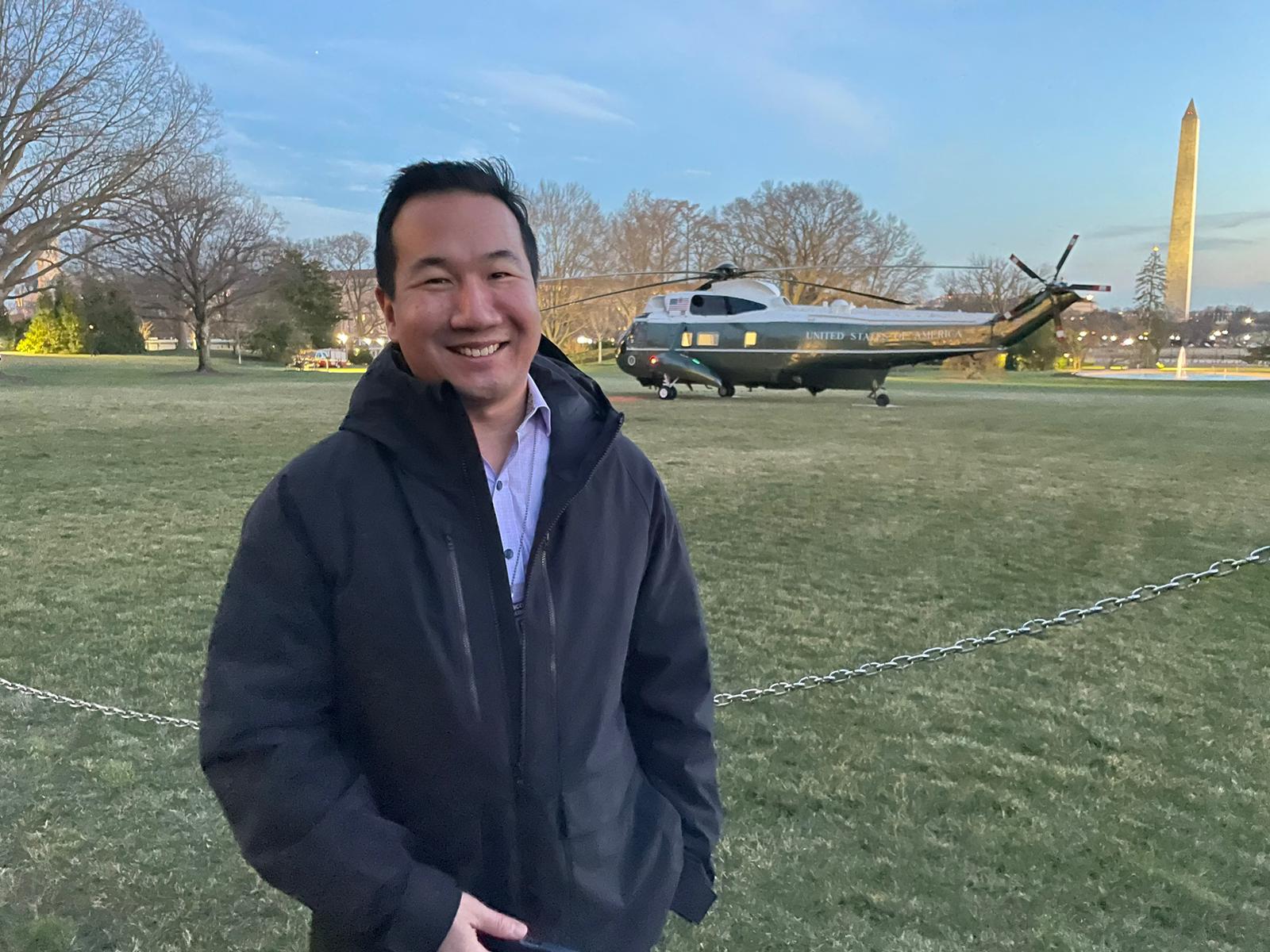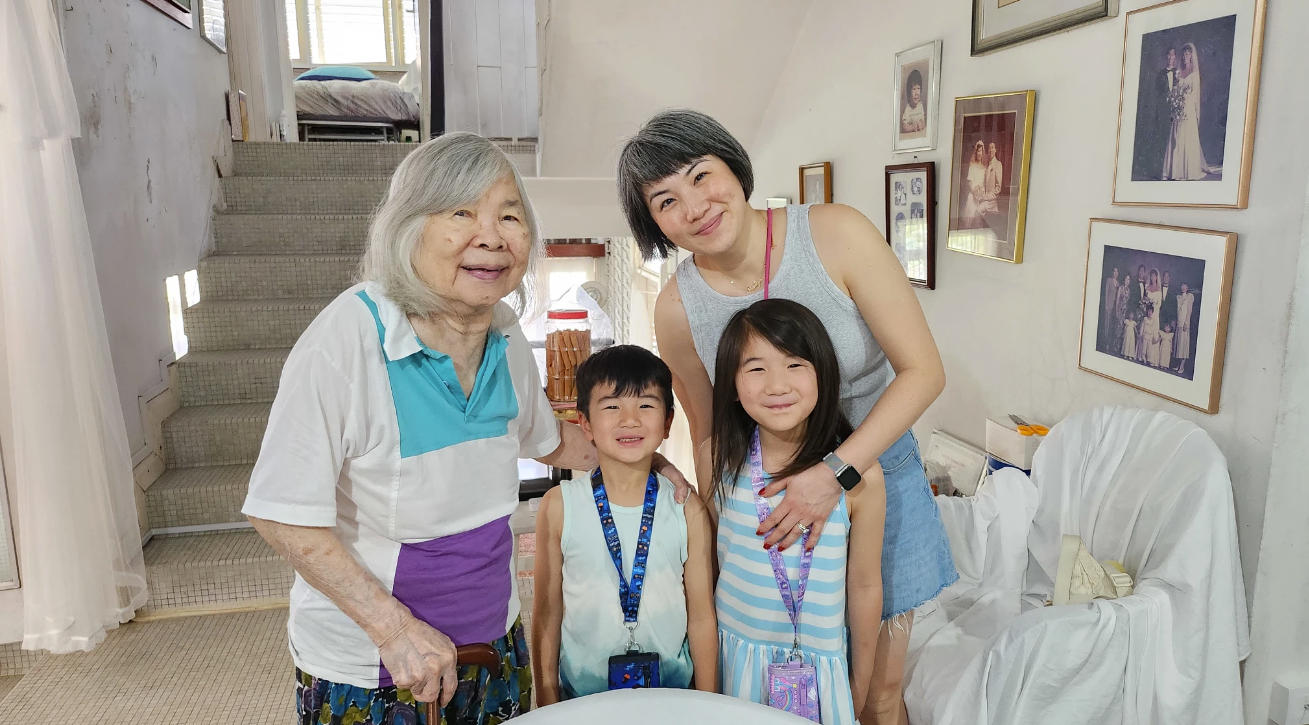3 Questions with an Asian at Bain leader on belonging and wellbeing
3 Questions with an Asian at Bain leader on belonging and wellbeing


Jordan Lee, partner and co-chair of Asian at Bain (AMER), brings a personal perspective to the conversation on wellbeing, shaped by his heritage and experiences. In this Q&A, he shares valuable insights on maintaining wellbeing while navigating professional challenges.
1. How do you define wellbeing?
Wellbeing is a sensation for me – one of safety, stability, and security. It’s a foundation for me to take risks – professionally and personally – and to show up as the best version of myself. Good wellbeing allows me to be the best husband, father, and team member.
2. How has your Asian background shaped your perspective on belonging and wellbeing?
My heritage has undoubtedly shaped my perspective. My maternal grandparents fled the cultural revolution in China, and my grandfather sold himself to a slave trader to earn safe passage to Malaysia and worked many years to re-earn his freedom.
Decades later, my parents moved from Singapore and Malaysia to Canada in the 1980s. Whilst they were both well-educated, a doctor and a pharmacist, they were the first ones in their families to leave Asia. They had no safety net. To paint a picture, when I was born, they didn’t have a crib, so I slept on the dinner table.
This meant that safety and security were paramount for them. Growing up in rural Nova Scotia as the only Asian family in town, my parents wanted us to assimilate. Have you heard of the phrase, ‘the nail that sticks out gets hammered on’? That was my parents’ primary concern, and it bled into how I presented to, and interacted with, the world.

It meant that from a young age, I intentionally spent time with Caucasian people to avoid being typecast as Asian. Since then, I’ve turned this more into an ability to participate and interact with a range of cultural groups, which has truly been useful.
But this skill, of being a chameleon, has downsides. It’s raised questions about my own identity. Who am I? Which group do I belong to? This drove an instinct to become guarded, and to present a different version of myself depending on the situation. It has made being vulnerable difficult and unnatural, and I’ll talk more about how that’s changed recently. But certainly, it’s something I’m conscious of, particularly within the framework of authentic leadership.
3. How do you recommend members of the Asian at Bain (AAB) community approach wellbeing?
I encourage members of the AAB community to first acknowledge the cultural biases surrounding discussions on wellbeing.
Particularly in a predominantly Western business culture where individualism is emphasized versus Eastern culture where the greater good of the group is valued, it's natural for us to overlook or rationalize the lack of personal wellbeing as a worthy personal sacrifice for the sake of the group. However, both can be true, which is something we inherently know as Bainies and live it with our "A Bainie Never Lets Another Bainie Fail" (ABNLABF) mentality.
Looking after your personal well-being does not come at the expense of the group, and, in fact, it is each of our responsibilities to look out not only for each other, but for ourselves. I recommend: (1) creating space for personal reflection, and (2) adopting wellbeing practices that align with your values.
In so doing, we’re able to embrace our unique cultural perspective and navigate wellbeing in a way that's truly authentic.
Learn more about our affinity groups to discover how we foster an inclusive workplace.
Explore careers at Bain to start your own journey of growth and empowerment.



